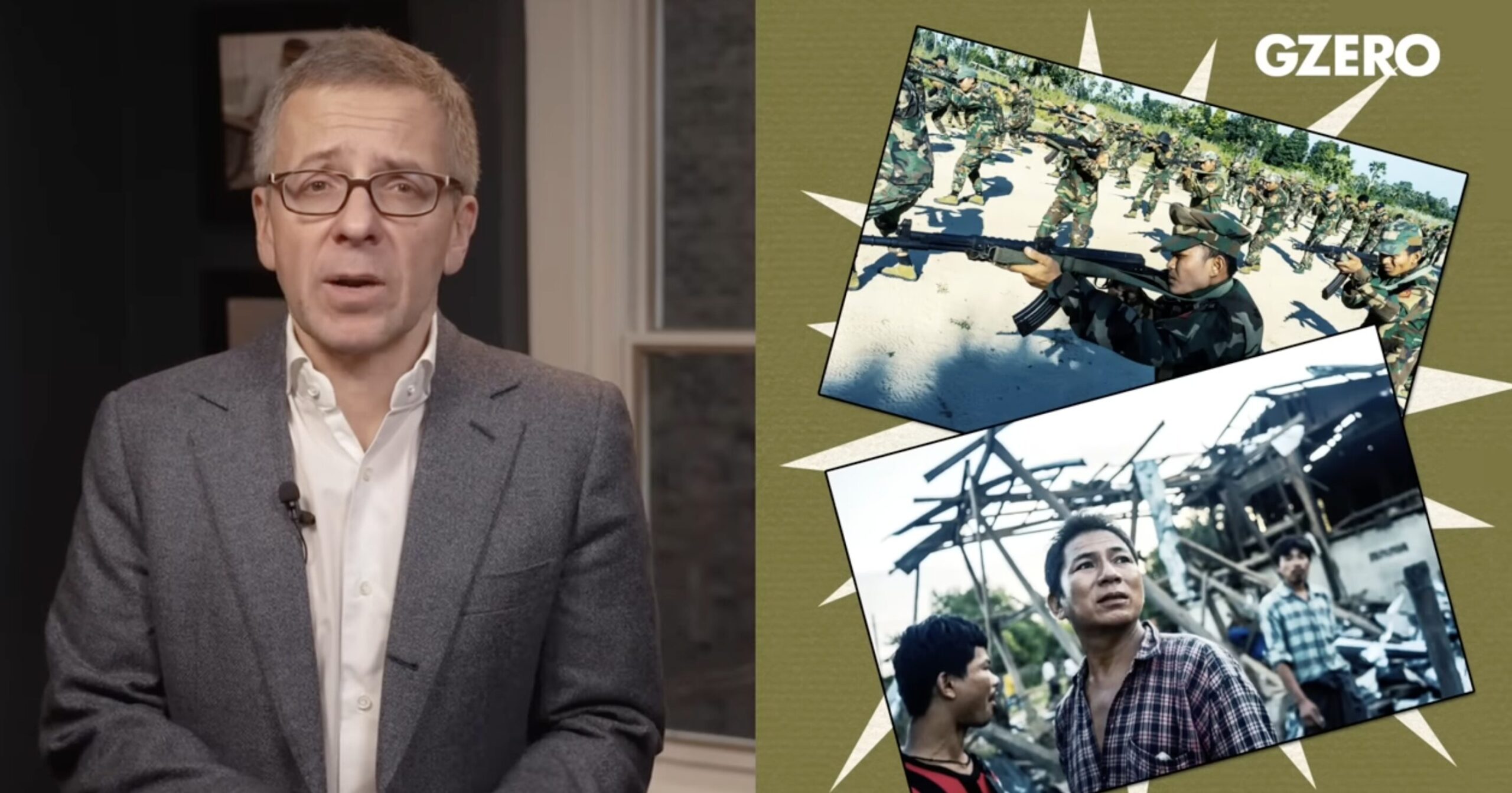
Peter Zeihan: Europe Goes Nuclear
We’ve got two major developments in Eurasia. We’re talking about Ukraine disabling two ships in the Caspian Sea and Poland getting EU approval to build…
Thought Leader: Peter Zeihan

In its early days, Southwest Airlines was faced with the dilemma of either selling one of its planes or facing bankruptcy. This budget constraint forced the carrier to speed up its boarding process so it could achieve the same number of daily flights with one fewer plane. This constraint is also what led Southwest to the radical idea of unassigned seating.
The airline’s agility in a crisis also supports what psychologists have identified: that innovation is more likely to come from constraint than abundance. When we have everything we need, we tend to think about our products, tools and resources within the boundaries of their standard functions. (Or what’s known as functional fixedness.)
When we have to work with less, we shift into a constraint mindset that helps us find inventive ways to use whatever we have. Constraints actually provide us with a starting point to work from: a problem to solve, a deadline to meet or a customer to please.
As an author and futurist who’s helped organizations anticipate change for nearly 20 years, I’ve studied the impact of agility in the business world. One of the most effective techniques for building this skill on-demand is known as Wild Cards. It can be conducted in under two hours with any number of participants.
To illustrate, imagine that we’re a start-up coffee company that’s launching a new luxury coffee brand a year from now. We’ll be competing against established players like Starbucks, Blue Bottle, and Peet’s so we need to come up with a brilliant launch plan that will shock the competition and position us to become No. 1
So, divide your group into small teams and ask them to take ten minutes to come up with as many promotional and launch ideas as they can. Remind everyone that money is no object because thanks to our billionaire female founders, we have unlimited funding.
Now, fast forward to five minutes into the ideation process, when you will interrupt the brainstorm to announce a Wild Card, which introduces agility into the exercise:
Wild Card scenarios get people more comfortable with unexpected change.
With your launch date arriving six months earlier than planned, your team must now find ways to achieve its goal of market dominance in half the time. Direct participants to take the remaining five minutes to modify their plan under this new time constraint. Then, a few minutes from now, interrupt again to deliver another Wild Card:
Instead of letting constraints get in your way, practice embracing them.
When time’s up, ask the teams to review their ideas and select their top two for presentation to the group. Remind participants that these ideas should ensure that your coffee brand reaches No. 1 despite the two constraints. After each team has presented its top two ideas, shift into a discussion about what process or criteria people used to select their top ideas. Then, ask everyone which current projects would benefit from a self-imposed wild card challenge?
While it can be tough to predict a down market and unforeseen decreases in lead time or resources, the Wild Card technique compels people to practice agility before adversity strikes. Other effective Wild Cards to try in this exercise could be a power outage the night before a key delivery date; a 50% budget cut; or a merger of your top two competitors.
Instead of letting constraints get in your way, practice embracing them. Constraints drive innovation and force focus, so instead of fearing change, try leaning into it and even using it to your guide your decisions. With consistent practice, you and your teams will learn the art of responding to unanticipated change with resourceful solutions.
Peter Zeihan: Europe Goes Nuclear
We’ve got two major developments in Eurasia. We’re talking about Ukraine disabling two ships in the Caspian Sea and Poland getting EU approval to build…
Thought Leader: Peter Zeihan
Dr. Sanjay Gupta’s Top Health Stories of 2025
From the resurgence of measles to a new way to treat pain, 2025 was a challenge for public health while still offering moments of hope. Sanjay…
Thought Leader: Sanjay Gupta
Ian Bremmer: The state of global conflict in 2025
On GZERO World, Ian Bremmer takes a hard look at the biggest global crises and conflicts that defined our world in 2025 with CNN’s Clarissa…
Thought Leader: Ian Bremmer

